Table of Contents
Hydropower is a vital source of renewable energy that captures the energy of flowing or falling water to generate electricity. It’s one of the oldest methods of producing power, yet modern technologies have refined and improved the way we harness water’s energy.
A critical aspect of developing a hydropower project is the selection of the site. The site selection has a significant impact on the efficiency, cost, and environmental sustainability of the hydropower plant. Here’s a comprehensive look at the factors to consider.
1. Water Availability
a. Flow Rate
The amount of water flow available must be sufficient to generate the desired amount of power. Hydrologists will assess both the minimum and maximum flow rates throughout the year to ensure stable energy production.
b. Water Source Reliability
The source of water, whether a river, dam, or reservoir, must be reliable throughout the year. Seasonal changes and potential drought conditions must be carefully evaluated.

2. Topography and Geology
a. Head and Fall
The “head” is the vertical distance the water falls, and it’s vital in determining potential energy output. Greater heads usually mean more power.
b. Geological Considerations
Soil and rock studies must be carried out to determine the stability of the site. An unstable geological structure can lead to catastrophic failure.
3. Environmental Impact
a. Flora and Fauna
The effect on the local ecosystem, including both plants and animals, should be minimized. Some areas may require special considerations for endangered species.
b. Water Quality and Temperature
Changes in water temperature and quality can impact aquatic life. Monitoring and mitigation measures should be in place to minimize these impacts.

4. Social and Economic Factors
a. Resettlement Issues
Large hydropower projects may require the relocation of communities. Social, cultural, and human rights considerations must be part of the site selection process.
b. Employment and Local Economy
Hydropower plants can provide local employment and stimulate economic growth, but potential negative impacts on other industries like fishing and tourism must also be considered.
5. Infrastructure and Accessibility
a. Proximity to Grid
The closer the site is to the existing power grid, the lower the costs of connecting the plant to the electricity network.
b. Transportation
Accessibility to the site for construction materials and workforce, and the feasibility of constructing new roads if necessary, should also be considered.
6. Legal and Regulatory Considerations
a. Land Ownership
Land rights and potential conflicts with local or indigenous peoples must be carefully managed.
b. Permits and Regulations
Adherence to local, state, and federal laws and regulations is vital. This includes obtaining necessary permits and ensuring compliance with environmental regulations.
7. Climate Change Considerations
Assessing the potential impacts of climate change on water availability and other factors is becoming increasingly critical for the long-term viability of hydropower projects.
The site selection for a hydropower plant is a complex process that requires a multidisciplinary approach, considering hydrological, geological, environmental, social, economic, and legal factors. A carefully chosen site will lead to a more efficient, cost-effective, and sustainable project, contributing to the ever-growing need for renewable energy sources.
Collaborative efforts involving engineers, hydrologists, environmental scientists, economists, social scientists, and legal experts will ensure that all vital aspects are considered, leading to successful hydropower plant development.
Also, read the Otto cycle and diesel cycle


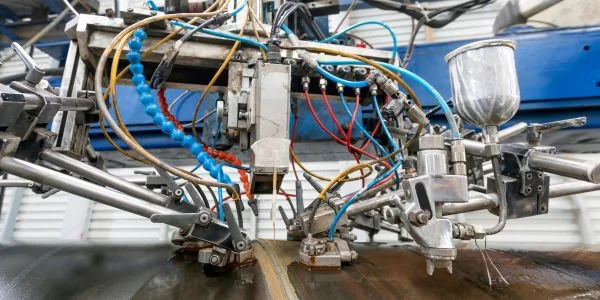
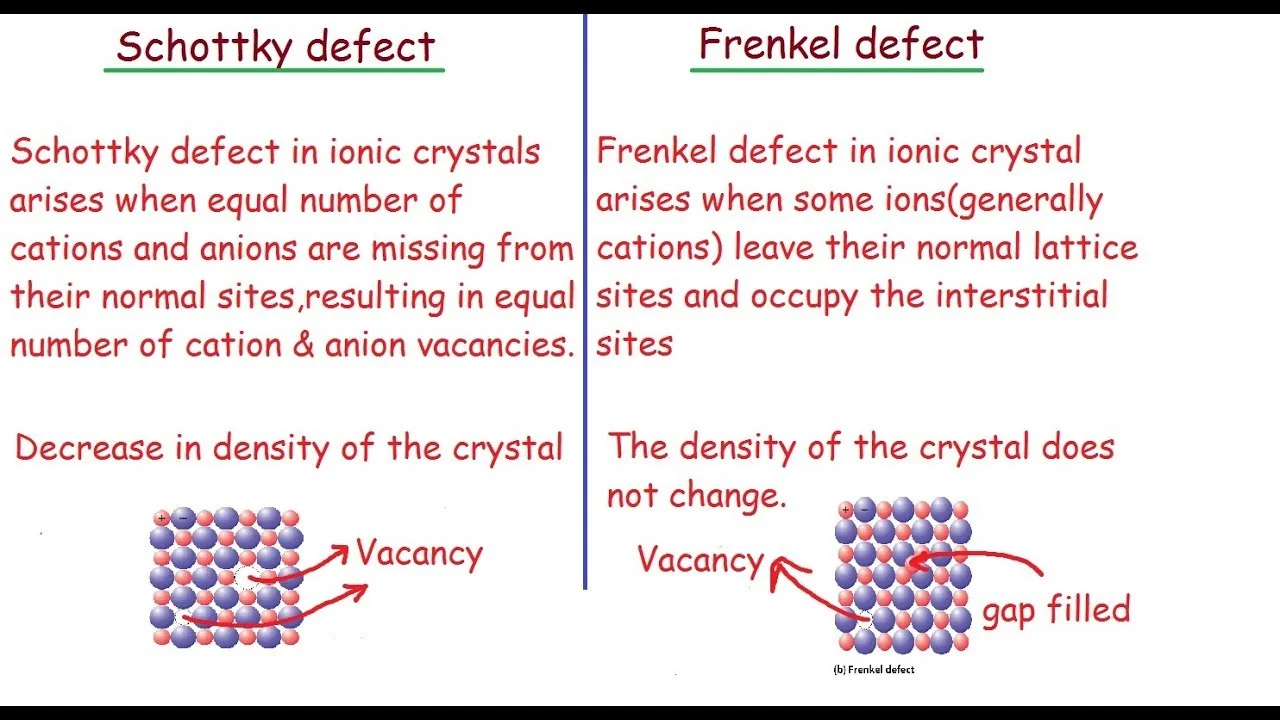



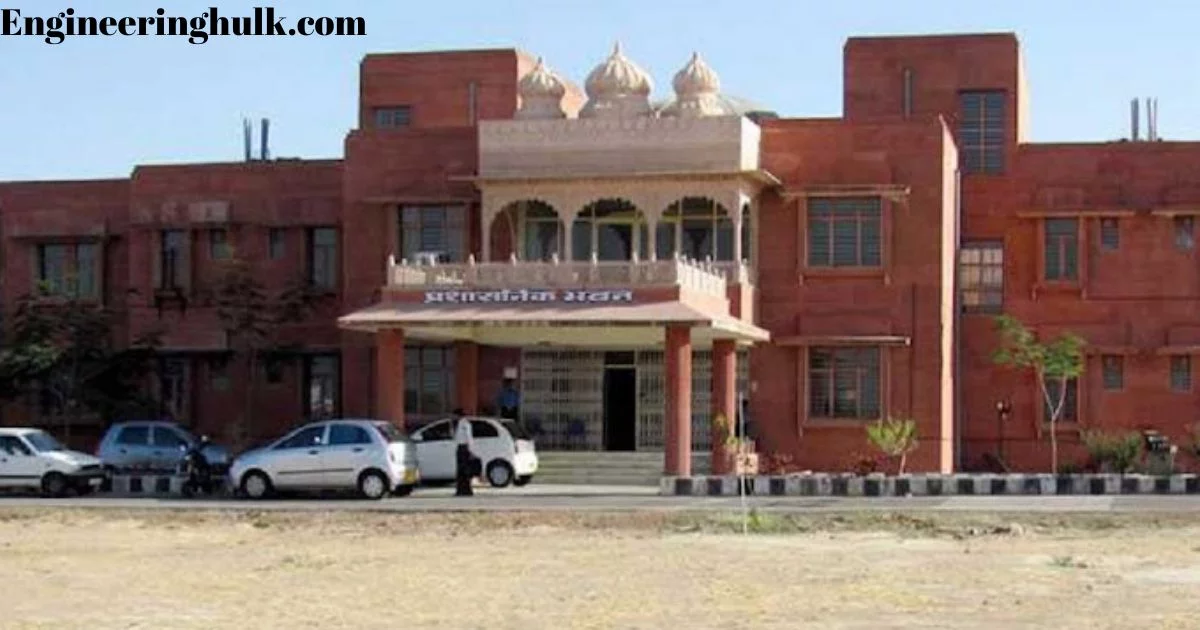


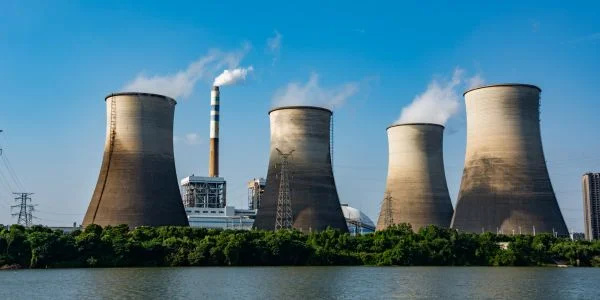





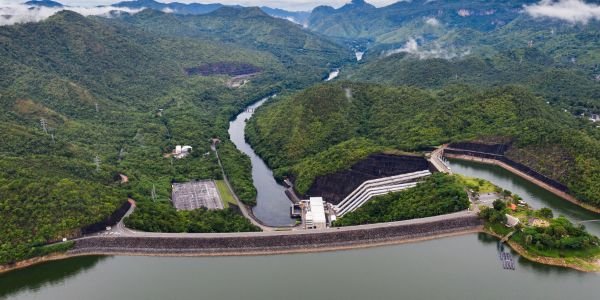
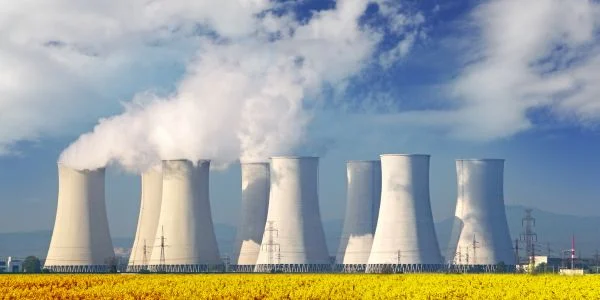

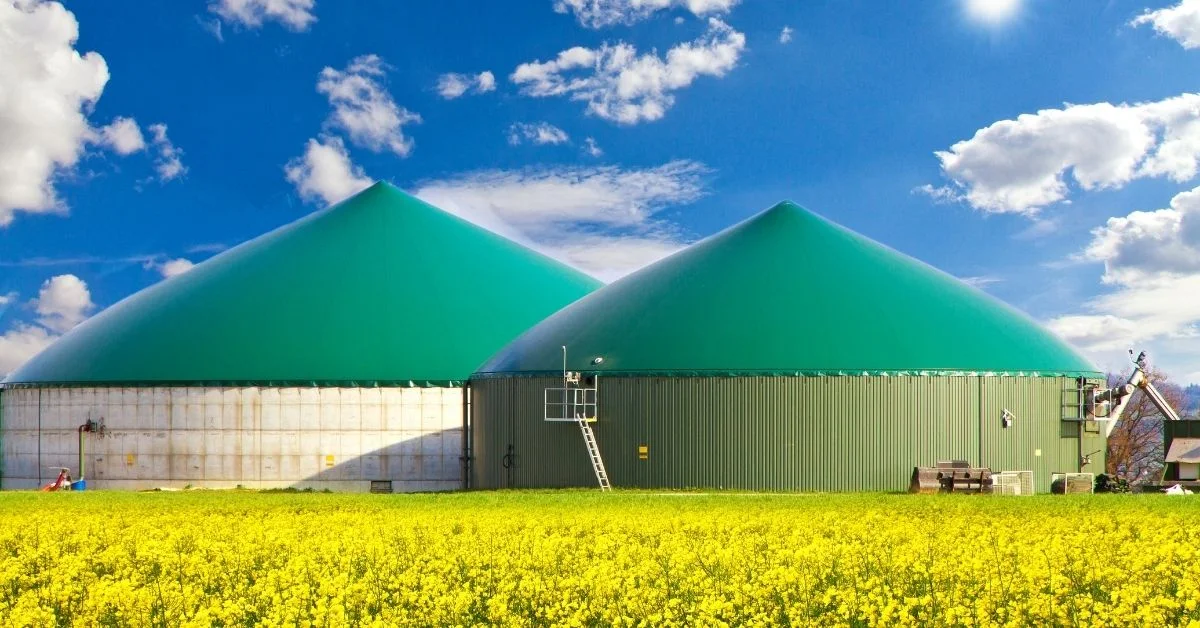
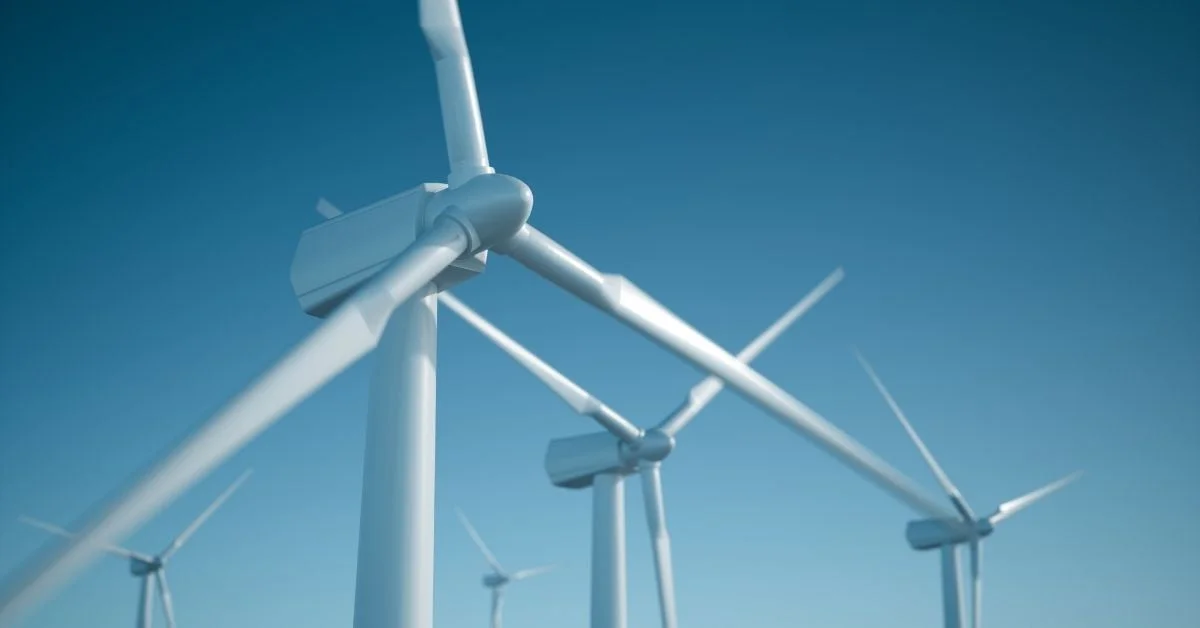

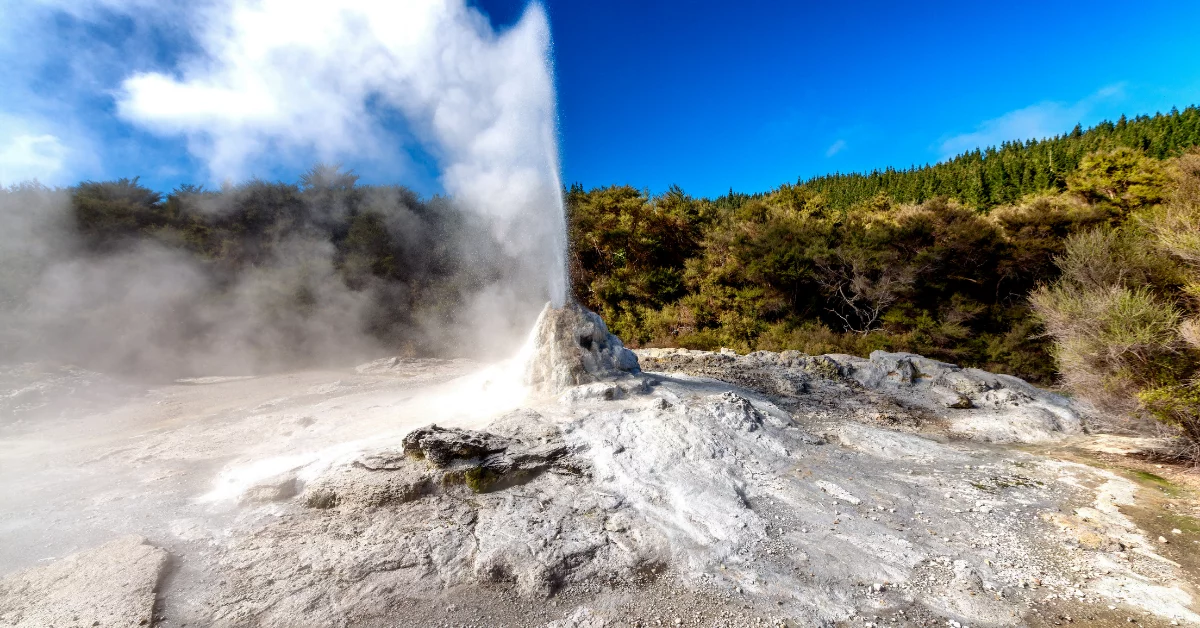

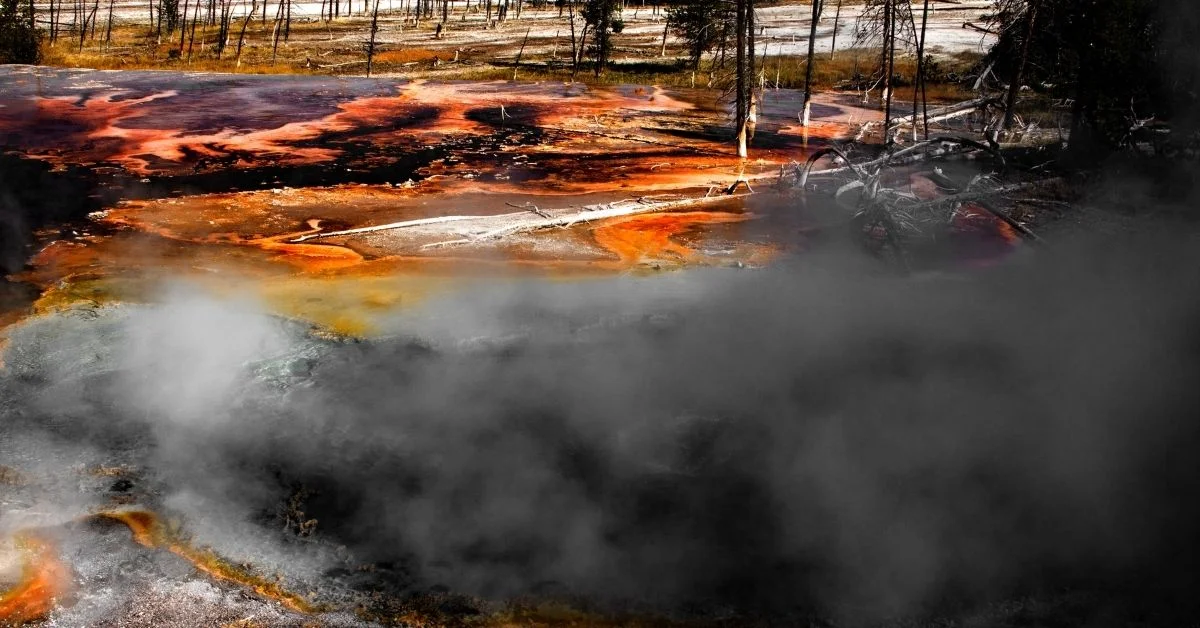
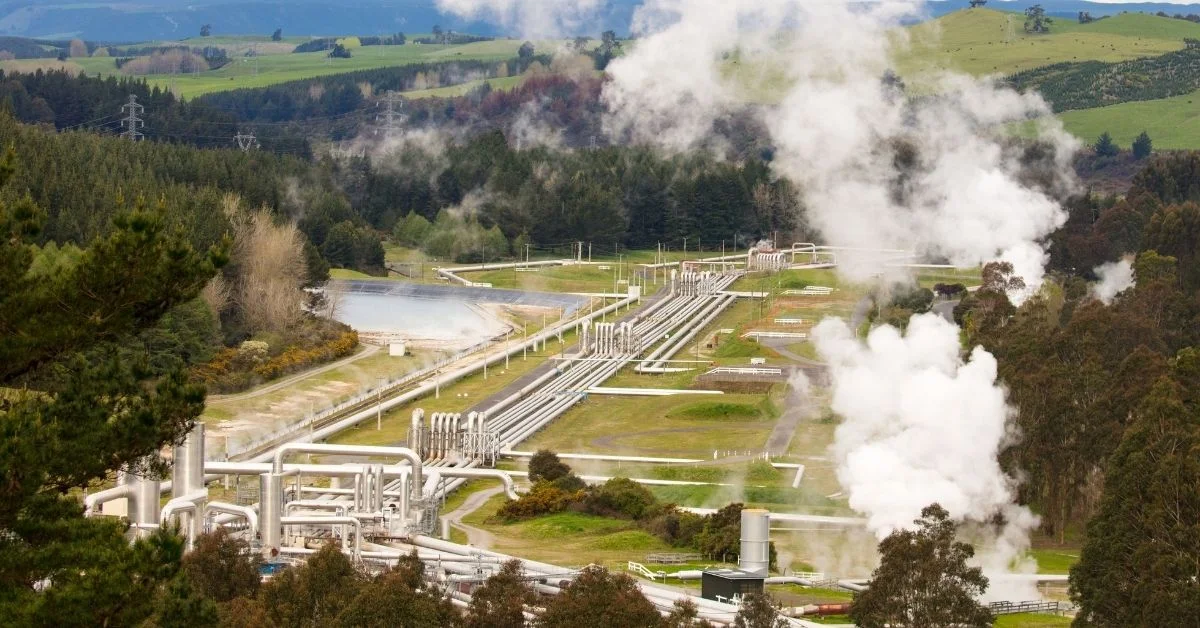


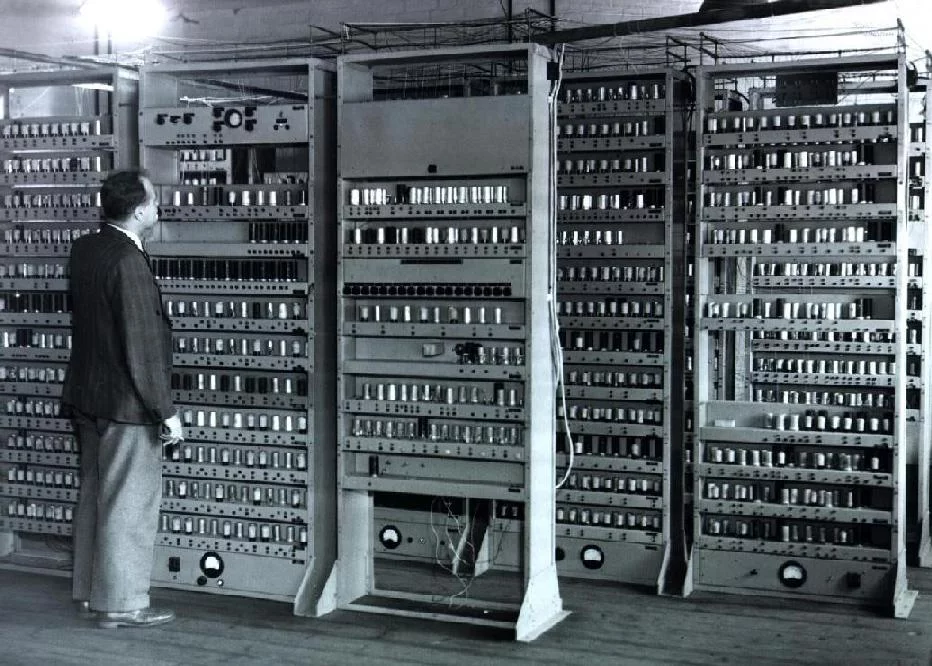
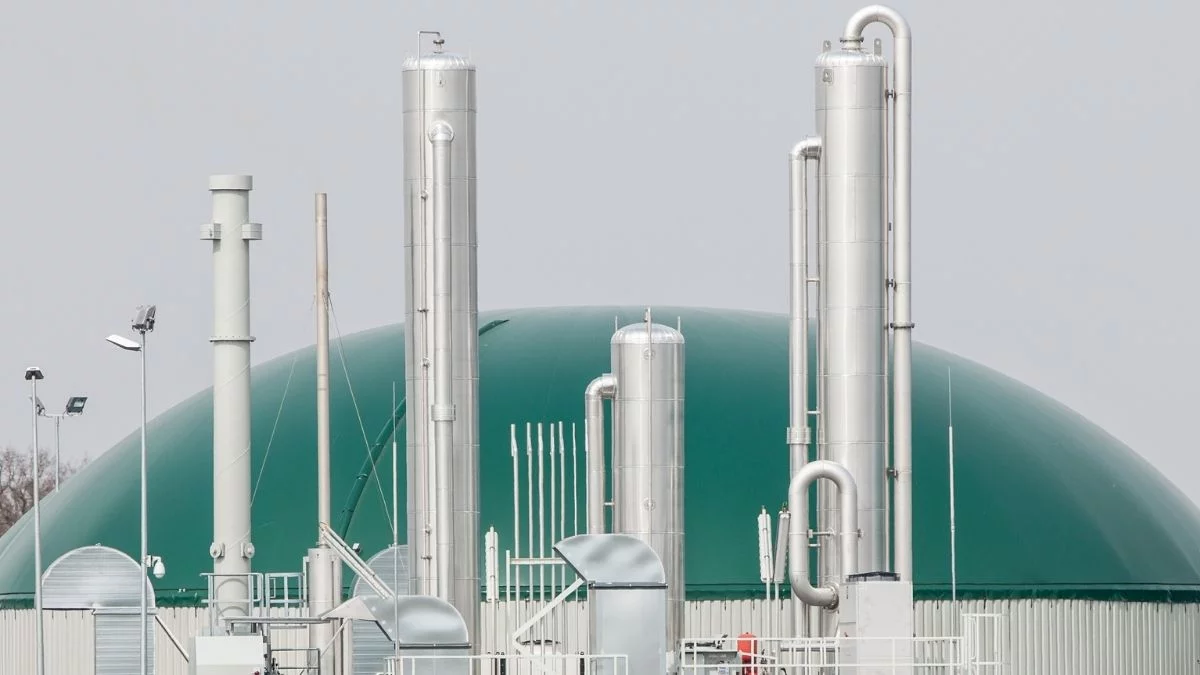

Comment on “Site Selection for Hydro Power Plant – Explained in Detailed”
Comments are closed.